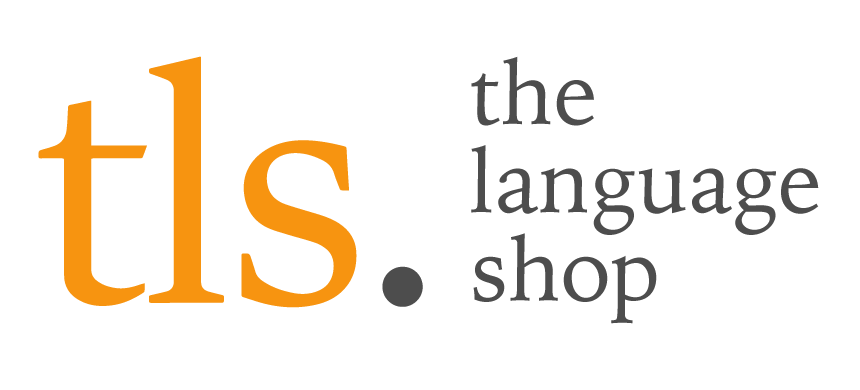Maternity Care PhD Research
The Language Shop is pleased to be working with University of East Anglia on a vital research project examining interpreting practices in maternity care in East London. The outcome is set to provide an evidence-based operating framework for interpreting services in maternity care that can be adapted for NHS trusts across the country.
The project began back in September 2019, when researcher and lecturer at the university, Dr Jo Drugan, approached tls with the idea for a PhD research project looking at how interpreting services work in healthcare and the impact they have on patients. While there has been significant research carried out in this field in the US, research into language services in the UK healthcare sector is lacking; particularly modern research into new technology, such as remote and video interpretation. For healthcare providers, the parameters of care should be driven by the patient and collecting feedback is an instrumental component of this. Yet when patients are unable to speak English, or are deaf, their data is often missed as it is more difficult to gather.
tls worked alongside Dr Drugan to successfully apply for funding and the decision was made to focus research on maternity care, as most patients have a similar linear journey through the healthcare service in this area. The research involves collecting feedback from the patients and clinicians about how effective they find the different interpretation services (video, telephone or face-to-face) and determining what support they require.
A thorough interview process began to find a PhD student to take on the task. The selected applicant was LiLi, who showed a particular interest in undertaking the research, not least due to her experience as a Mandarin Interpreter. As with any PhD project, planning and initial research was carried out in the first instance, as well as an initial scoping exercise, with patient research set to start at the university hospital and Royal London in March 2021.
The outcome of the research will help the NHS Trust build an operating framework for how to deliver a patient-centred, cost-effective service that meets its requirements under CQC regulations and the Equality Act. It will help clinicians, and non-clinical professionals working in hospitals, gain a better understanding of different interpreting methods and establish which ones are best to use in different cases. It is hoped that the research will result in a successful framework that can be implemented in other NHS trusts to improve the standard of interpreting services in maternity care across the country.

